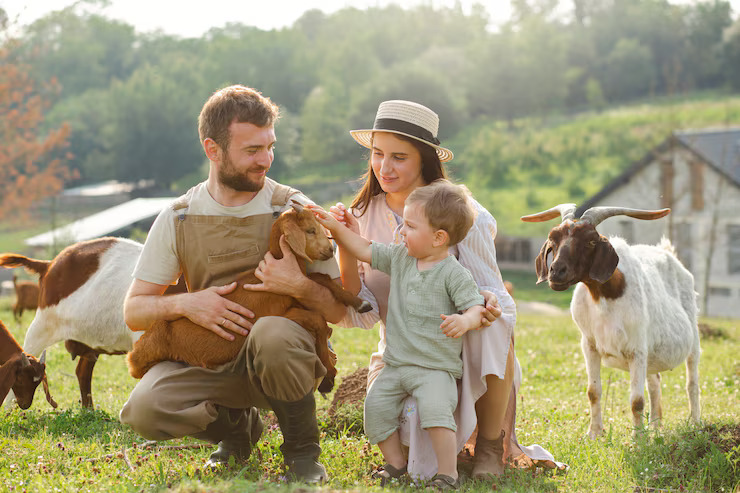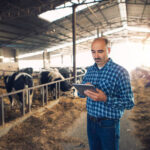Running a family farm across three generations is no small feat. It takes vision, resilience, and adaptability to keep the land productive and the family united through decades of change. Third-generation family farms are more than just agricultural enterprises—they are living stories of hard-earned wisdom, shifting market dynamics, and the powerful connection between people and the land. The lessons learned from such farms offer valuable insights for new and seasoned farmers alike.
One of the most important lessons from a third-generation farm is the value of long-term thinking. While short-term profits may fluctuate, successful family farms prioritize sustainability over fast gains. Decisions are made with the future in mind, whether it’s rotating crops to maintain soil health, investing in irrigation to conserve water, or choosing quality over quantity in farm outputs. This mindset ensures the farm remains viable for future generations.
Adaptability is another key trait that emerges from multi-generational farming. Each generation faces its own set of challenges—from economic recessions and changing government policies to climate shifts and evolving consumer preferences. Successful third-generation farms have survived because they embraced innovation without forgetting their roots. This might include adopting precision agriculture tools, diversifying crop or livestock production, or exploring new markets like organic produce or agritourism.
Family governance is a crucial part of sustaining a long-running farm. Clear communication, defined roles, and respect for boundaries help prevent conflicts that can tear apart family-owned businesses. The most enduring farms treat the operation like a professional enterprise, with regular meetings, formal agreements, and decision-making structures that accommodate both tradition and modern business practices.
Passing down knowledge is a tradition that strengthens over generations. On third-generation farms, younger members are often involved from a young age, learning not only the practical skills of farming but also the values and responsibilities that come with it. This hands-on education builds a sense of ownership and respect for the work, fostering a deep commitment to the farm’s continued success.
Resilience is another lesson that stands out. Farming is never without its setbacks—be it droughts, pests, low market prices, or personal loss. Third-generation farms are proof that perseverance, coupled with sound decision-making and community support, can overcome even the toughest times. This strength is often deeply rooted in the family’s identity, reinforcing a collective determination to protect and grow what has been built.
Financial discipline also plays a central role. Long-running farms tend to practice conservative financial management, reinvesting in infrastructure, saving during good years, and avoiding unnecessary debt. They focus on building equity and ensuring that the next generation inherits not just land, but a financially stable business.
Perhaps most importantly, third-generation farms offer a lesson in legacy. They are built on a deep sense of purpose—knowing that their work feeds communities, preserves ecosystems, and honors the efforts of ancestors. This legacy mindset shapes daily decisions and encourages families to stay committed, even when the journey is tough.
In today’s fast-changing agricultural landscape, the wisdom from a third-generation family farm is more relevant than ever. It reminds us that farming is not just about yields and profits—it’s about stewardship, family, and building something that lasts. Whether you’re just starting out or looking to strengthen your current operation, the lessons from farms that have stood the test of time are a powerful guide to long-term success.







